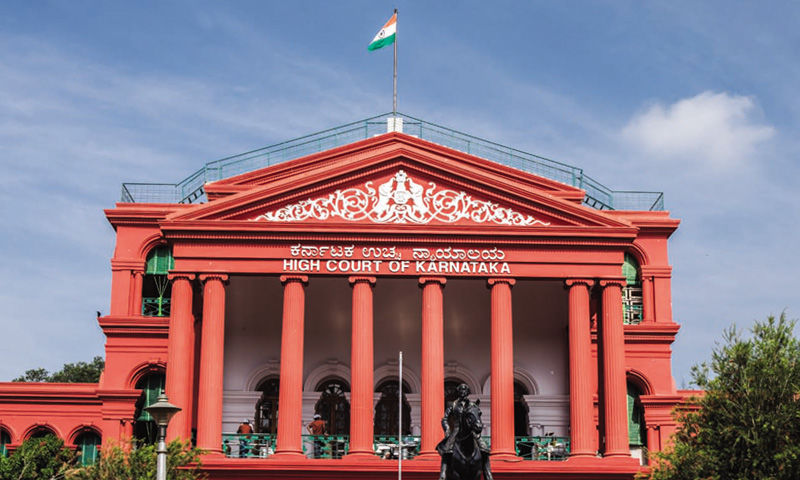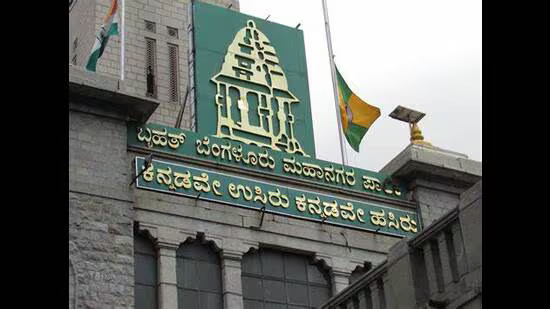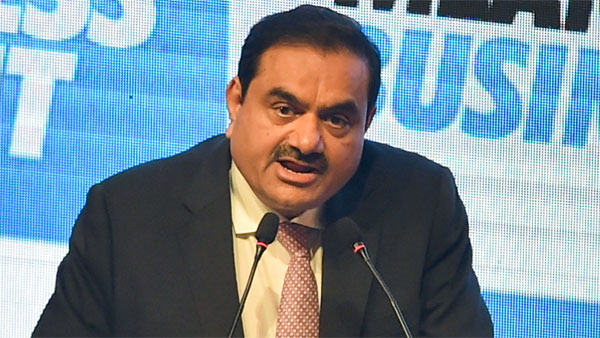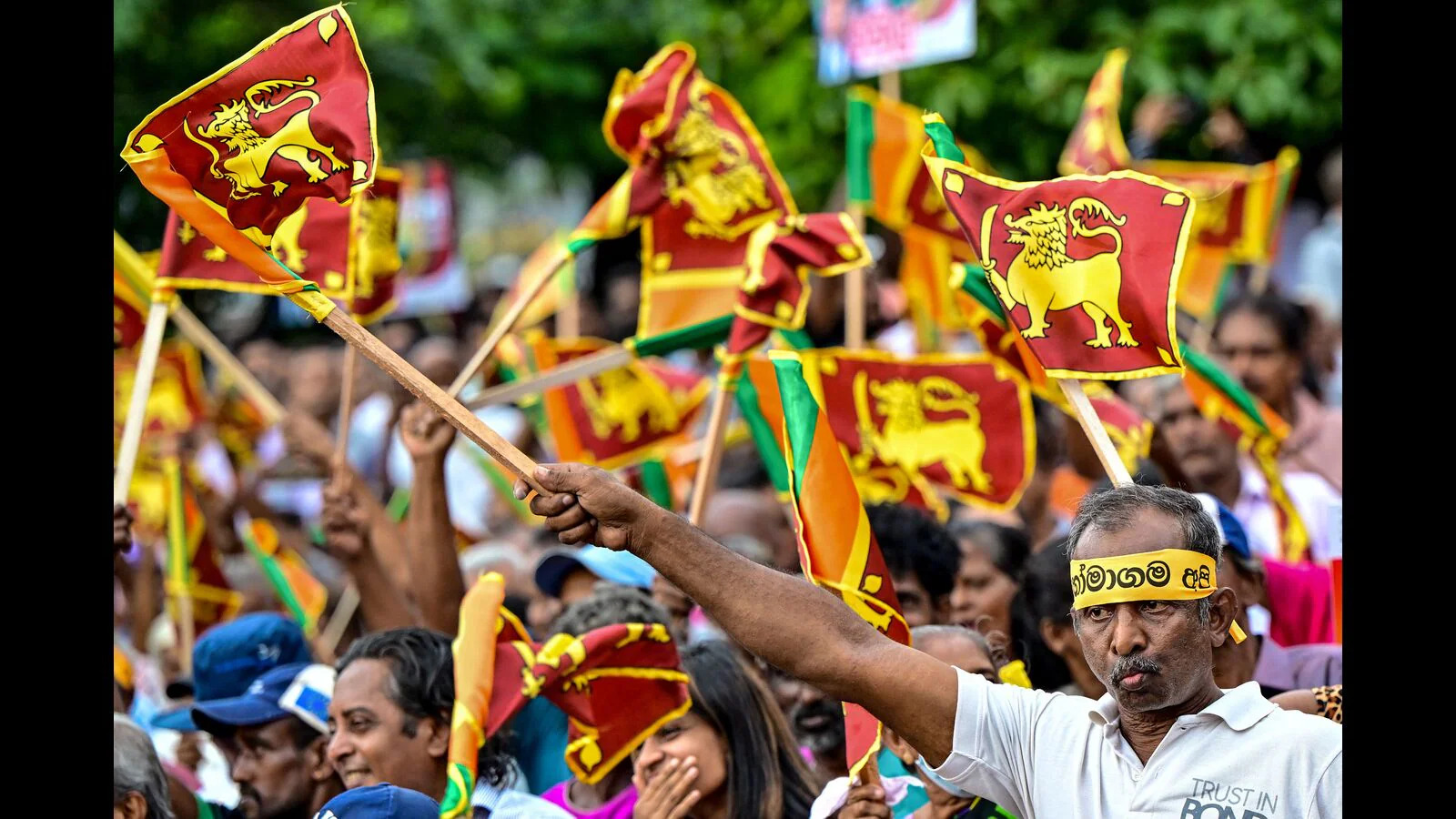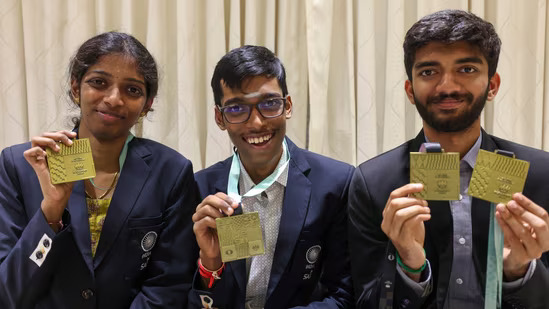
India’s chess reign begins
India’s rise to the top in global chess has been nothing short of phenomenal. At the recently concluded 45th Chess Olympiad in Budapest, India’s men’s and women’s teams both claimed gold, marking a historic moment for the nation. This success signals a new era for Indian chess, moving beyond its reliance on one man, Viswanathan Anand, and ushering in a golden generation of talent. For years, Anand had carried the weight of Indian chess on his shoulders, becoming a five-time World Champion and India’s first Grandmaster. His influence remains significant, not just as an inspiration but as a mentor who has helped nurture the next wave of Indian chess stars. His chess academy and guidance camps, particularly during the pandemic, have cultivated young talents like D. Gukesh, R. Praggnanandhaa, and Arjun Erigaisi. It is through this foundation that India is now witnessing a new breed of players capable of competing—and winning—on the world stage. D. Gukesh, at just 18, has emerged as the face of this resurgence. His performance at the Olympiad, where he achieved an astonishing 9/10 score and a recordbreaking 3056 performance rating, has cemented his place as a top contender in global chess.
Gukesh’s journey from narrowly missing gold at the previous Olympiad in Chennai to dominating in Budapest is a testament to his grit and ambition. His victory sets the stage for a thrilling World Championship face-off with reigning champion Ding Liren in Singapore later this year. India’s success at the Olympiad wasn’t just confined to the men’s team. The women’s team, led by veterans like Harika Dronavalli and bolstered by rising stars like Divya Deshmukh and Vantika Agrawal, also secured a historic gold. This double triumph places India alongside chess powerhouses like China and the Soviet Union, nations that have previously accomplished this rare feat of winning both the men’s and women’s sections in a single Olympiad.
What makes India’s victory even more special is that it comes without one of their top performers, Koneru Humpy, underscoring the depth of talent in the country. A critical factor driving India’s success has been the integration of technology into training. Chess engines, software, and online coaching have allowed even players from smaller towns like Nagpur and Warangal to receive world-class training without leaving their homes. Additionally, the mentorship from established Grandmasters like RB Ramesh and Srinath Narayanan has provided a solid foundation for the young generation. India’s chess boom is supported by growing societal acceptance and financial backing, with parents, sponsors, and educational institutions increasingly encouraging chess as a viable career. The stage is now set for India to continue its dominance in world chess for years to come. With a young, talented, and hungry generation of players, the future of chess is indeed looking Indian.
 English daily published in Bengaluru & Doha
English daily published in Bengaluru & Doha

